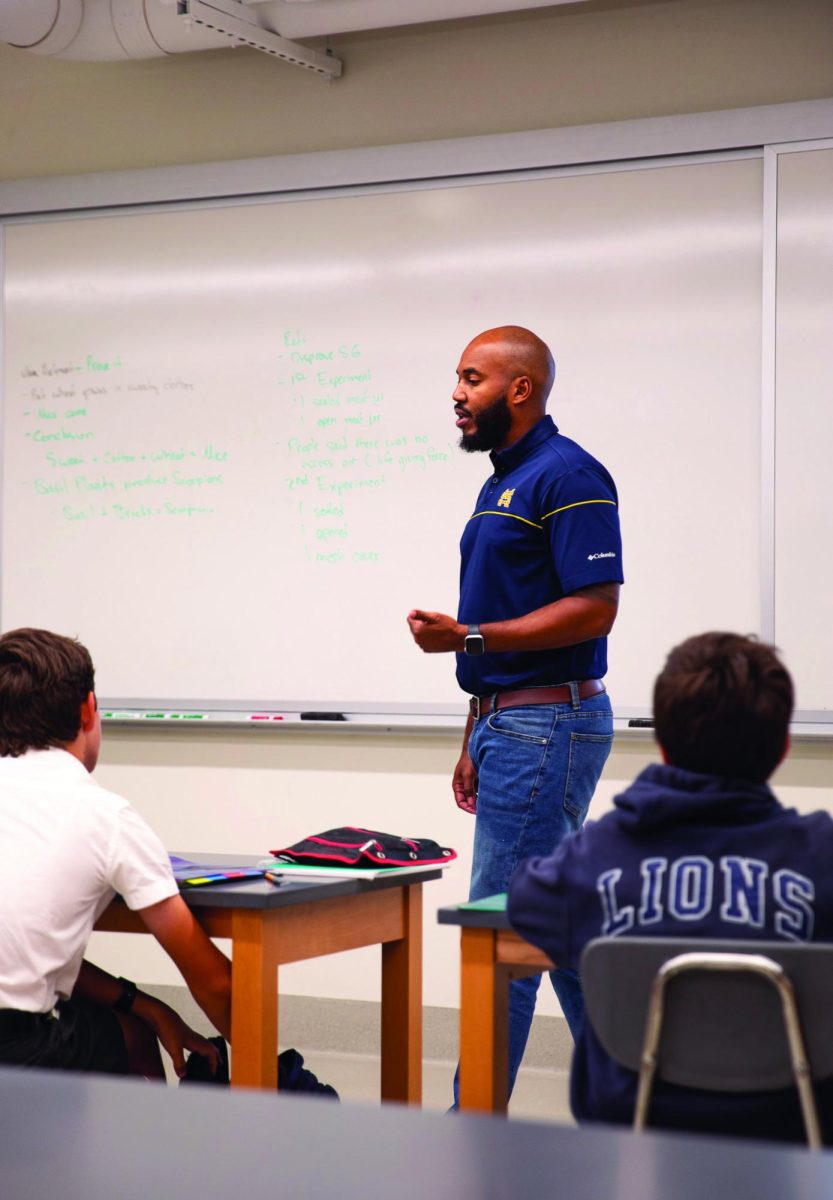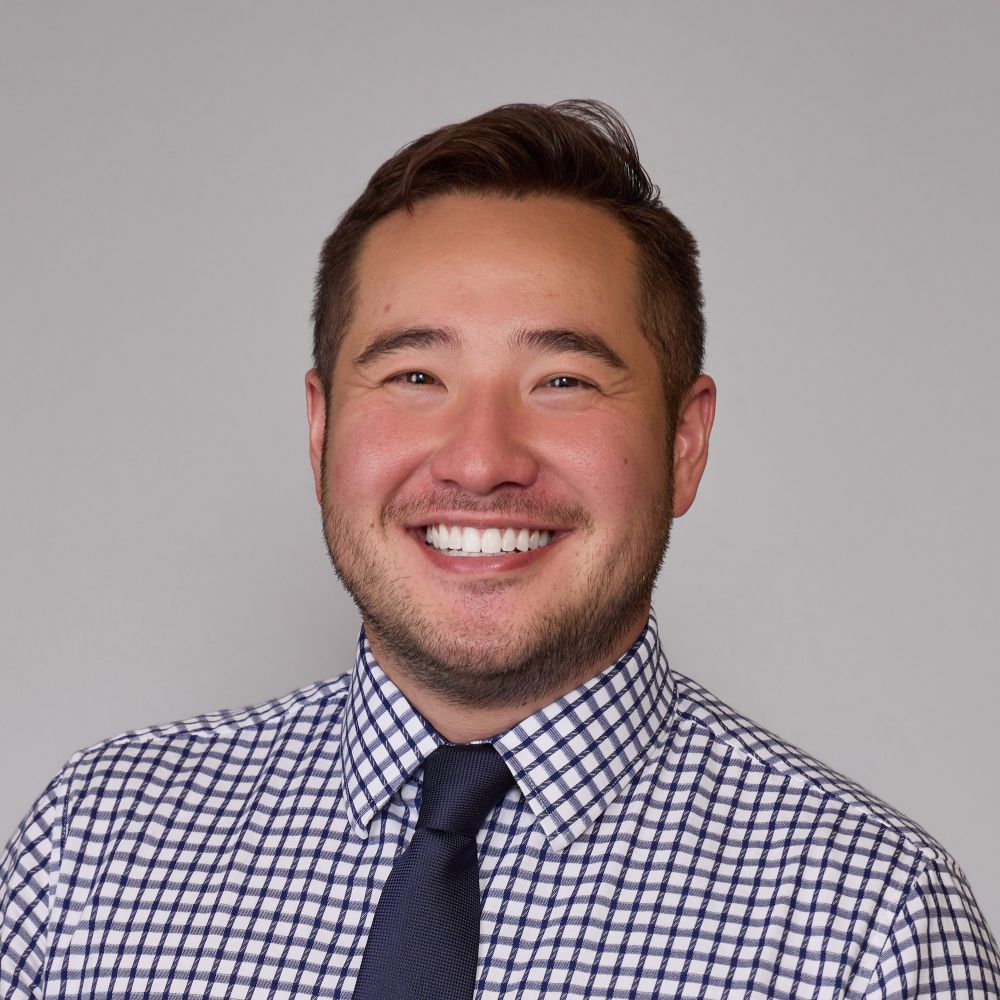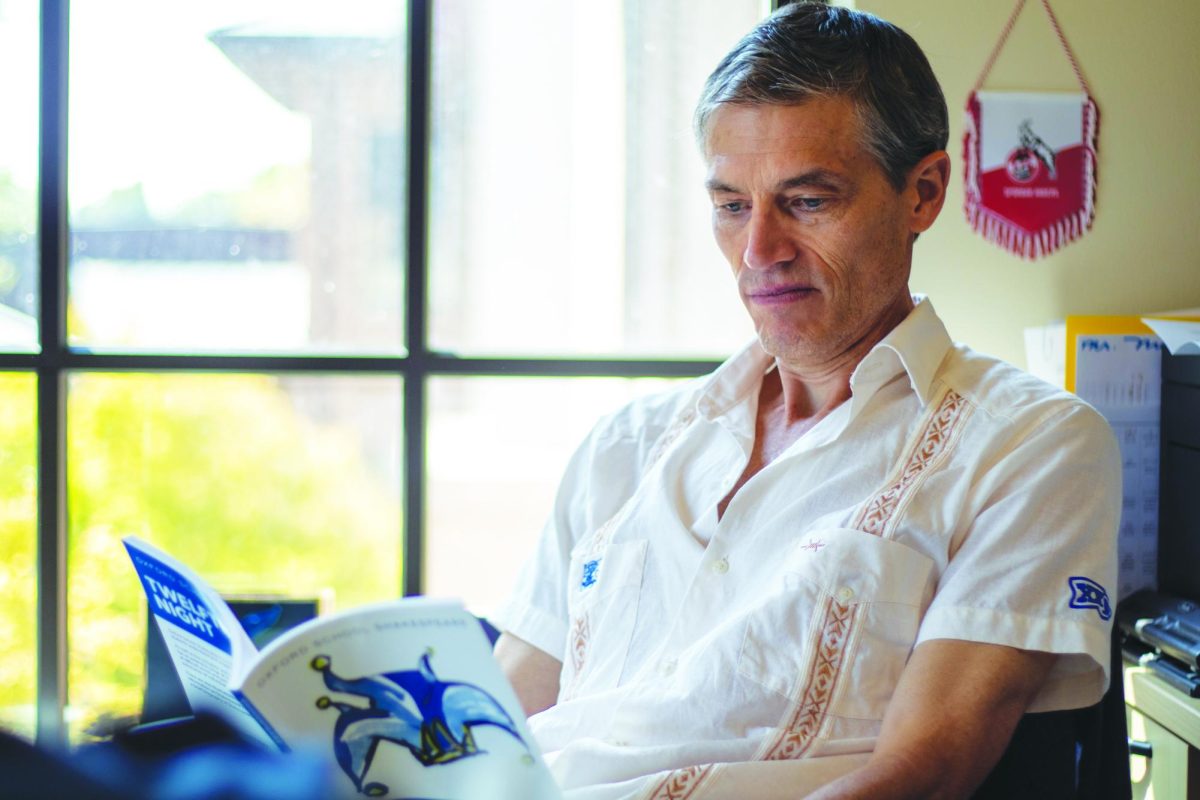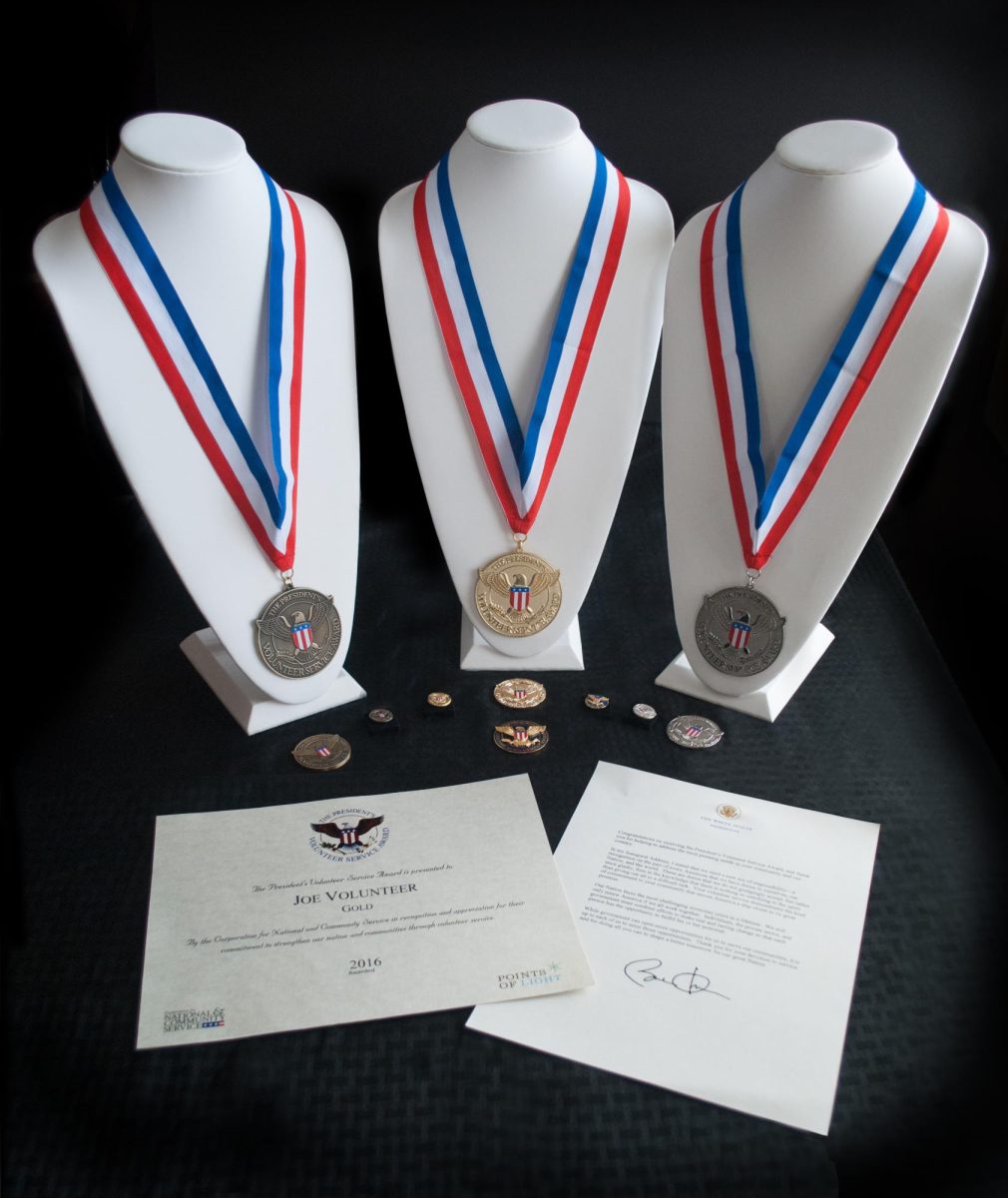For 37 years, Dan Northcut ‘81 was the life of the science department.
He was dedicated.
Dedicated to the fish tanks that required time and care even on the weekends.
Dedicated to the greenhouse, where he organized plants and blasted music that could be heard from the student parking lot.
Dedicated to his AP Environmental Science class, in which he educated Marksmen on the rights and wrongs of humankind’s effect on the world.
And in May of last school year, he retired.
Despite an extensive search, the school didn’t hire someone new to take his responsibilities.
Yet, despite losing such a lively member of the community, the Winn Science Center and its spirit haven’t wavered. With support from the faculty, each shouldering a portion of the burden, the building slowly reinforces and gets stronger.
Cecil H. and Ida Green Master Teaching Chair Mark Adame loves the outdoors—camping, biking and hiking are all passions of his. Now, the school greenhouse is going to be monitored and cultivated by Adame, who is excited to start executing his own plans.
“I’m going to clean it up and make it more presentable,” Adame said, “There’s a lot of plants that need homes.”
Adame’s ideal plan for the greenhouse is completely different than Northcut’s, but with two AP classes and a freshman biology class, the needed renovation would take too long with just two hands. In the corner of campus, many students have yet to visit the lively room. Adame wants to resolve this by offering opportunities to work on projects in the greenhouse.
“I’m hoping to have students setting up hydroponics or even aquaponics out there as well,” Adame said. “I’m going to open up some space for other classes.”
Hydroponics, a process that uses nutrient-rich water instead of water to nourish plants, is a time-consuming project but would garner interest from several students. In addition, Adame is looking into an installation of aquaponics, using the school fish tank’s waste products to water the plants.
“I want to make it self-sufficient with solar panels powering it, but that’s a pipe dream,” Adame said. “I want to get those things set up out there, or have it opened up for students to grow plants.”
Aside from having to manage the greenhouse and the fish tank, science teachers also have to teach Northcut’s classes. Biology & Life Science Teacher Ryan Brewer now has to take over a class he’s never taught before: AP Environmental Science. And he’s unsure whether or not a replacement will come into the science department soon.
“At a school like this, you want to make sure that you’re bringing in the best,” Brewer said. “You want to make sure that they fit into the community.”
New faculty member or not, Brewer is focused on providing the best material for his students.
“I’m always going to give 100 percent to whatever I do,” Brewer said. “So in my mind, I’m building a curriculum that I will be teaching for years to come. If I really don’t put in the effort, then that just doesn’t benefit anybody. That does a disservice to the students in the class.”
And AP Environmental Science is a class with immediate real world applications. By teaching this class, Brewer hopes to also have a positive impact on his students.
“A lot of it is me now looking as an adult and trying to encourage the younger generation,” Brewer said. “These are the problems that we were experiencing when I was younger, and they’re only getting worse in some aspects. I’m trying to empower the change.”
Stephen M. Seay ’68 Science Department Chair Fletch Carron, who has taken the role of monitoring the fish tank, believes that this extra burden will only make the science department teachers more connected and cohesive.
“I have full confidence that going into other roles makes us all better, even if it’s hard in the short term.” Carron said. “Mr. Brewer had to pivot and spend some of the summer that he wasn’t planning on spending to prepare for a class he hadn’t taught before.”
People retire from teaching positions all the time, and each time the science department slowly recuperates while the teachers grow more and more resilient.
“If we got permanently worse every time somebody retired, then where would that lead over the years?” Carron said. “We’re all growing and getting better — a little bit each year — and that’s our way of making up for the big losses.”








